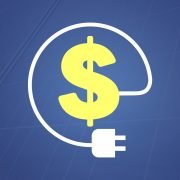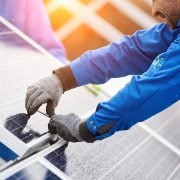Get to know energy and how you use it
Solar is not a light-hearted investment, and you want to know you’re getting the most out of your system. There are some small household behaviour changes that can go a long way in saving with solar. So lets get to know energy.
Here are a few tips to reduce your energy usage and get your solar working for you:
- Turn off appliances that are not regularly used, or when you go away for a period of time, instead of leaving them in standby mode. Regular appliances like your television, computer, gaming console, microwave and washing machine can all consume power in standby mode.
- Do you really use all the appliances you have running? Turn off your seldom-used appliances, that extra fridge or freezer you have in your garage could be costing you over $100.00 per year to run. Where possible, consolidate your items into one fridge/freezer and only turn on during the warmer summer months when you need the extra fridge/freezer space for drinks and BBQ meats.
- While we are talking fridges, increase your fridge and freezer temperature by 1-3 degrees. This will still ensure your food remains fresh, but will impact your overall energy bill. Additionally, this works on your hot water too. By decreasing it by 3-4 degrees you will decrease the systems energy consumption and in most instances, no one will even notice a difference.
- Don’t forget energy efficiency. The basic rule is, the more stars the better! New whitegoods are an expensive outlay initially and better star ratings are often more expensive, but pay a little more now and it will keep paying off later.
- If you are on a lower feed-in tariff (FIT) use your major appliances during daylight hours, utilising the power your solar is generating. This can be made easier if your appliances, such as dishwashers, dryers and washing machines, has a timer and you can set them to run even if someone isn’t home. If you don’t have a timer on your appliances, take this into consideration when you’re ready to make a new purchase as it is a valuable investment.
- Check your appliances for defects/faults. Something as simple as a broken seal on your fridge or freezer can result in excessive power usage as your whitegoods are working overtime to reduce temperatures.
- Dishwasher, we love them! But are not using them to their full potential. Don’t waste time and water rising them first, dishwashers these days are more than capable with a quick scrap. They only need to run on a short cycle, make sure it is full and don’t use the drying feature if you don’t need to unload it straight away. If you have a timer, remember to use it in daylight hours so your solar is producing the energy.
- Computer screens use power. Change your settings to have your screen switch off instead of defaulting to a screen saver. Sleep mode only uses approximately 10% of the power required to run a screen saver.
- Most Australian households use their washing machine daily. Where possible, hold off a day or so and do one larger load rather than 2-3 smaller loads. Save approximately a $1.00 per load by always washing in cold water. Today’s detergents are just as good in cold water. A front loader (in most cases) uses a lot less energy, water and detergent. If you’re not passionate either way, consider switching to a front loader in your next upgrade.
- If you have a clothes dryer, then you probably love your clothes dryer. But the truth is, they are one of the more expensive appliances to run so cut back and save. For longevity and efficiency of your dryer, clean the lint filter after every use. Separate loads into light and heavy fabrics and set moisture sensor setting as ‘normal’ so it shuts off when done. Never add wet items into a cycle midway through. If you have a timer, user it. And the best advice yet, use the clothes line in summer and a clothes horse in winter when the heater is running.
- Try to pre-empt when air conditioning and heating is required. If you can turn these on before it is significantly hot or cold they will be able to run more efficiently, reducing the power usage by only requiring to maintain the temperature.
- For further temperature efficiency, where possible, zone off areas of your house for heating and cooling. It is common for homeowners to heat or cool the entire home, even for rooms they will not be using. Many ducted heating, cooling and split systems have zone control which could reduce your energy costs significantly. Even when using a stand alone heater or cooler, close doors to rooms you don’t need to heat or cool.
- Draught-proof your home! It sounds simple but a small runner (or, even a towel) below your doors can significantly maintain the temperature of your home. This is an important tip whenever you have your heater or air conditioner running.
- Pool Pumps can account for 12 to 30% of a household electricity bill. Ensuring you have the right pump for the job can increase the pumps efficiency costing you less to run it. For example a multi-speed pump could work better then a standard pool pump depending on the size of your pool. Additionally, by running your pool pump during the day, powering your pump with solar can offer huge savings.
Some of these changes may seem so small they couldn’t possibly make a difference, but if you make a number of small changes it will all add up for noticeable savings.
Sunbank Solar – Do more with your solar.

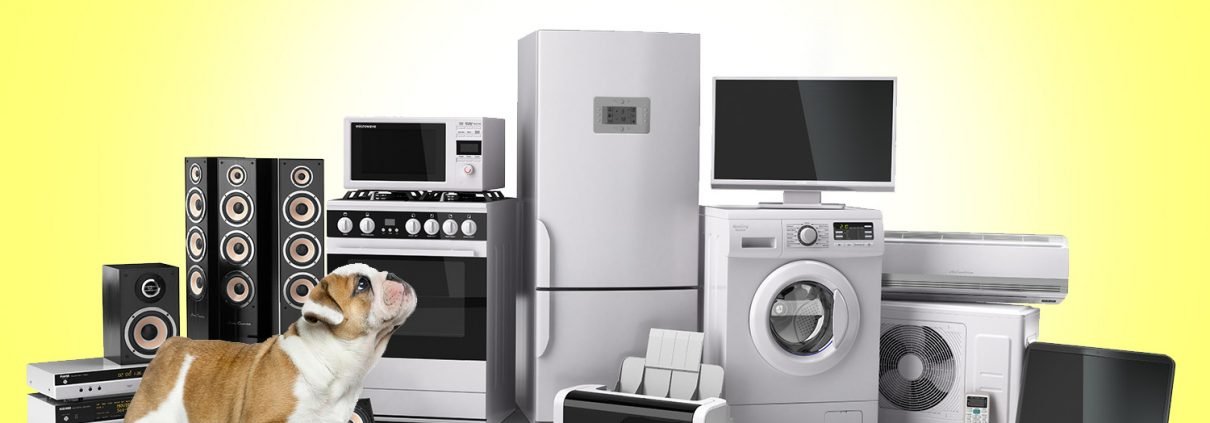

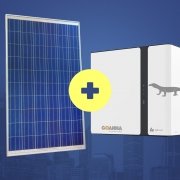

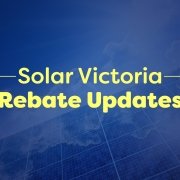 Sunbank Solar Batteries
Sunbank Solar Batteries
